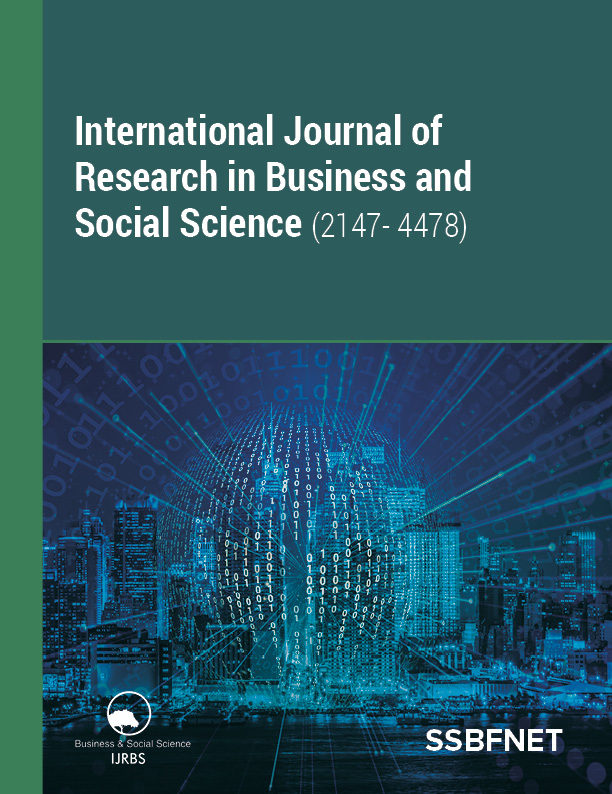
International Journal of Research in Business and Social Science
Yazarlar: Thiengtham Keopasith, Shen Neng
Konular:-
Anahtar Kelimeler:Rural-urban Migration,Remittances,Place of origin,Borikhan District,Lao PDR
Özet: The study examined the effects of rural-urban migration on the economic status of rural residents. The study utilized a mixed-methods research approach to collect and analyze data, first, data were collected through a questionnaire from households whose family members migrated to urban centers, and interviews were held with various heads of villages in the study area. The study reveals that the majority of the migrants were able-bodied youth who migrated to urban centers to seek employment and education. Migrants’ families at places of origin benefited from migration of their own relations to urban centers mainly through remittances which enabled them to improve their livelihood as the remittances were spent on daily consumption and investment into business activities. The study recommends that government should formulate policies that would create employment for citizens in rural areas, and encourage the private sector to build industries in rural areas to prevent rural-urban migration. Government and the private sector should also empower rural farmers through the promotion of markets for farm produce in order to improve the income of rural farmers, reduce poverty, improve the quality of life and well-being, increase their happiness, satisfaction, and minimize rural-urban migration. The study findings are limited to developing countries where rural-urban migration is a challenge due to the generally low quality of life in rural areas. Further research on the effects of rural-urban migration on the economic status of rural residents should involve a quantitative analysis of the impact of remittances by migrants on poverty reduction in rural areas.